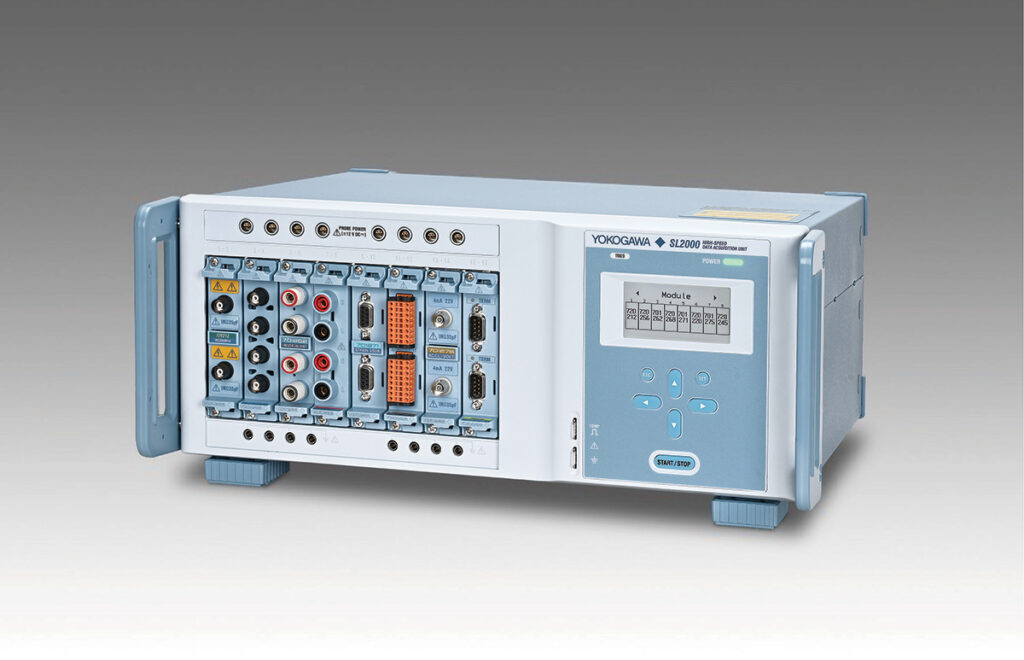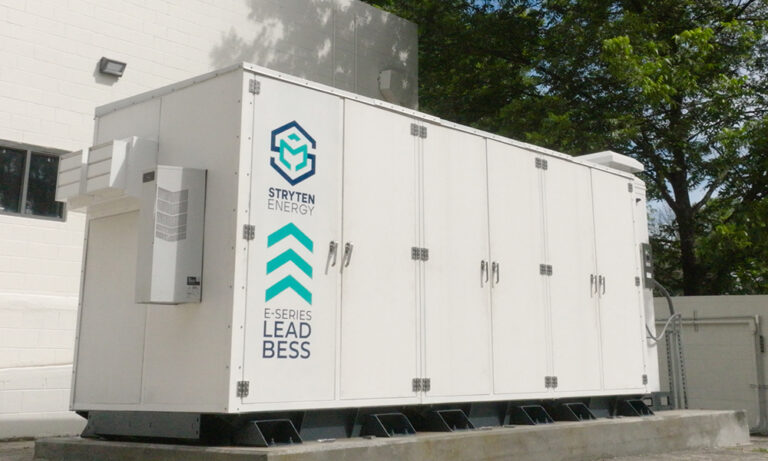Normal Computing has completed the tape-out of CN101, which it reports as the world’s first thermodynamic computing chip. The company says CN101 is built on its Carnot architecture to accelerate targeted artificial intelligence (AI) and scientific workloads with up to 1000 times greater energy efficiency compared to conventional silicon. Normal Computing claims this architecture is designed to maximize compute output for data centers operating within fixed energy budgets, while supporting low-latency, high-throughput inference workloads.
Normal Computing reports that CN101 directly targets computational tasks central to data center AI operations. These include linear algebra and matrix operations, which are necessary for engineering, scientific computing, and optimization. For probabilistic computations, CN101 uses what Normal Computing describes as proprietary lattice random walk (LRW)-based sampling to improve the speed and efficiency of simulations and inference tasks common in scientific applications.
Looking ahead, Normal Computing has outlined a development roadmap: the company aims to release the CN201 chip in 2026 for high-resolution diffusion models and broader AI workloads, followed by the CN301 chip by early 2028, scaling to video diffusion workloads.
Faris Sbahi, CEO at Normal Computing, said, “In recent months, we have seen that AI capabilities are approaching a flattening curve with today’s energy budgets and architecture, even as we plan to scale training runs another 10,000x in the next 5 years.” Sbahi continued, “Thermodynamic computing has the potential to define the next decades’ scaling laws by exploiting the physical realization of AI algorithms, including post-autoregressive architectures. Achieving first silicon success is a historic moment for this emerging paradigm – executed by a radically small engineering team.”
Patrick Coles, Chief Scientist at Normal Computing, added, “Our vision to scale diffusion models with our stochastic hardware starts with demonstrating key applications on CN101 this year, then achieving state-of-the-art performance on medium-scale GenAI tasks next year with CN201, and finally achieving multiple orders-of-magnitude performance improvements for large-scale GenAI with CN301 two years from now.”
Zach Belateche, Silicon Engineering Lead at Normal Computing, stated, “CN101 represents the first silicon demonstration of our thermodynamic architecture that leverages randomness, metastability, and noise to perform sampling tasks.” Belateche said, “By characterizing CN101, we’ll be able to lay the groundwork for understanding how these random processes behave on real silicon, and chart a clear path towards scaling up our architecture to support state-of-the-art diffusion models.”
Source: Normal Computing
















